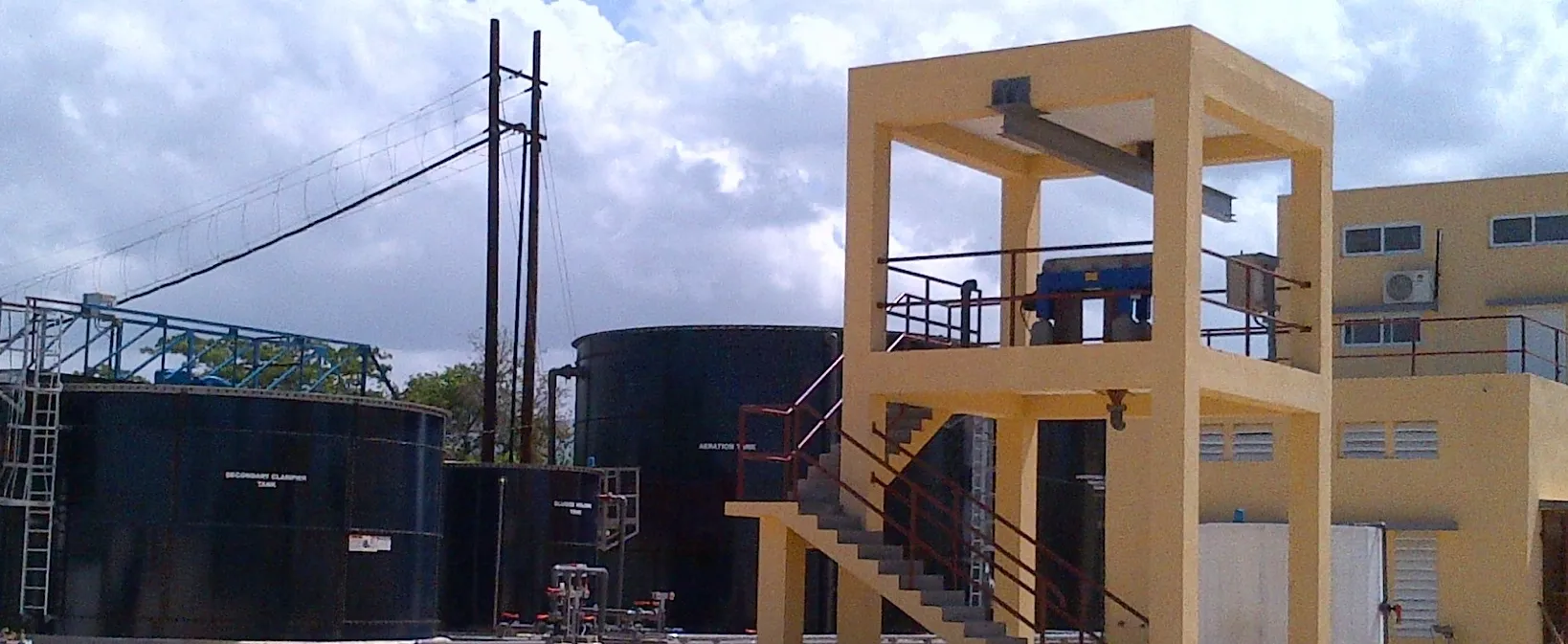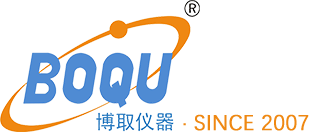How BOQU Instruments Help Maintain Water Quality Across Industries
When it comes to ensuring water quality across various industries, the role of BOQU’s water quality sensors cannot be overstated. These sophisticated instruments play a crucial part in monitoring and maintaining the quality of water in a wide range of applications, from industrial processes to environmental protection efforts.
Industrial Applications: Ensuring Water Quality in Manufacturing and Production
In the industrial sector, water quality sensors are essential tools for ensuring that water used in various processes meets the required standards. Whether it is in manufacturing, food and beverage production, or pharmaceuticals, water quality sensors help to continuously monitor key indicators such as pH, conductivity, turbidity, and dissolved oxygen levels. This data allows companies to make real-time adjustments to their processes, ensuring that the quality of their products remains consistent and that they comply with regulatory requirements.
Wastewater Treatment: Optimizing Processes and Ensuring Compliance
In wastewater treatment plants, BOQU’s water quality sensors play a critical role in helping to monitor and control the treatment process. By continuously monitoring parameters such as biochemical oxygen demand (BOD), chemical oxygen demand (COD), and total suspended solids (TSS), these sensors provide operators with valuable data that allows them to optimize treatment processes, reduce energy consumption, and ensure that effluent meets regulatory standards before it is discharged back into the environment.
Environmental Monitoring: Protecting Natural Water Bodies
In the environmental sector, water quality sensors are essential tools for monitoring the health of natural water bodies such as rivers, lakes, and oceans. By continuously measuring parameters such as pH, temperature, conductivity, and nutrients, these sensors provide valuable data that helps scientists and policymakers to understand the impact of human activities on aquatic ecosystems, identify sources of pollution, and develop strategies for protecting and restoring these valuable resources.
Responding to Environmental Emergencies
BOQU’s water quality sensors are also vital tools for responding to environmental emergencies such as oil spills and chemical leaks. By providing real-time data on key water quality parameters, these sensors help emergency responders to quickly assess the extent of the contamination, track the movement of pollutants, and make informed decisions about the most effective cleanup strategies.
Conclusion: The Importance of BOQU’s Water Quality Sensors
Overall, the impact of BOQU’s water quality sensors on environmental monitoring cannot be overstated. These instruments play a crucial role in ensuring the quality of water across industries, from manufacturing to environmental protection. By providing real-time data on key water quality parameters, these sensors help to optimize processes, protect natural ecosystems, and respond effectively to environmental emergencies. In an increasingly water-stressed world, the importance of these instruments will only continue to grow as we strive to protect and preserve this vital resource for future generations.
https://www.boquinstrument.com/How BOQU Instruments Help Maintain Water Quality Across Industries
When it comes to ensuring water quality across various industries, the role of BOQU’s water quality sensors cannot be overstated. These sophisticated instruments play a crucial part in monitoring and maintaining the quality of water in a wide range of applications, from industrial processes to environmental protection efforts.
Industrial Applications: Ensuring Water Quality in Manufacturing and Production
In the industrial sector, water quality sensors are essential tools for ensuring that water used in various processes meets the required standards. Whether it is in manufacturing, food and beverage production, or pharmaceuticals, water quality sensors help to continuously monitor key indicators such as pH, conductivity, turbidity, and dissolved oxygen levels. This data allows companies to make real-time adjustments to their processes, ensuring that the quality of their products remains consistent and that they comply with regulatory requirements.
Wastewater Treatment: Optimizing Processes and Ensuring Compliance
In wastewater treatment plants, BOQU’s water quality sensors play a critical role in helping to monitor and control the treatment process. By continuously monitoring parameters such as biochemical oxygen demand (BOD), chemical oxygen demand (COD), and total suspended solids (TSS), these sensors provide operators with valuable data that allows them to optimize treatment processes, reduce energy consumption, and ensure that effluent meets regulatory standards before it is discharged back into the environment.
Environmental Monitoring: Protecting Natural Water Bodies
In the environmental sector, water quality sensors are essential tools for monitoring the health of natural water bodies such as rivers, lakes, and oceans. By continuously measuring parameters such as pH, temperature, conductivity, and nutrients, these sensors provide valuable data that helps scientists and policymakers to understand the impact of human activities on aquatic ecosystems, identify sources of pollution, and develop strategies for protecting and restoring these valuable resources.
Responding to Environmental Emergencies
BOQU’s water quality sensors are also vital tools for responding to environmental emergencies such as oil spills and chemical leaks. By providing real-time data on key water quality parameters, these sensors help emergency responders to quickly assess the extent of the contamination, track the movement of pollutants, and make informed decisions about the most effective cleanup strategies.
Conclusion: The Importance of BOQU’s Water Quality Sensors
Overall, the impact of BOQU’s water quality sensors on environmental monitoring cannot be overstated. These instruments play a crucial role in ensuring the quality of water across industries, from manufacturing to environmental protection. By providing real-time data on key water quality parameters, these sensors help to optimize processes, protect natural ecosystems, and respond effectively to environmental emergencies. In an increasingly water-stressed world, the importance of these instruments will only continue to grow as we strive to protect and preserve this vital resource for future generations. https://www.boquinstrument.com/












